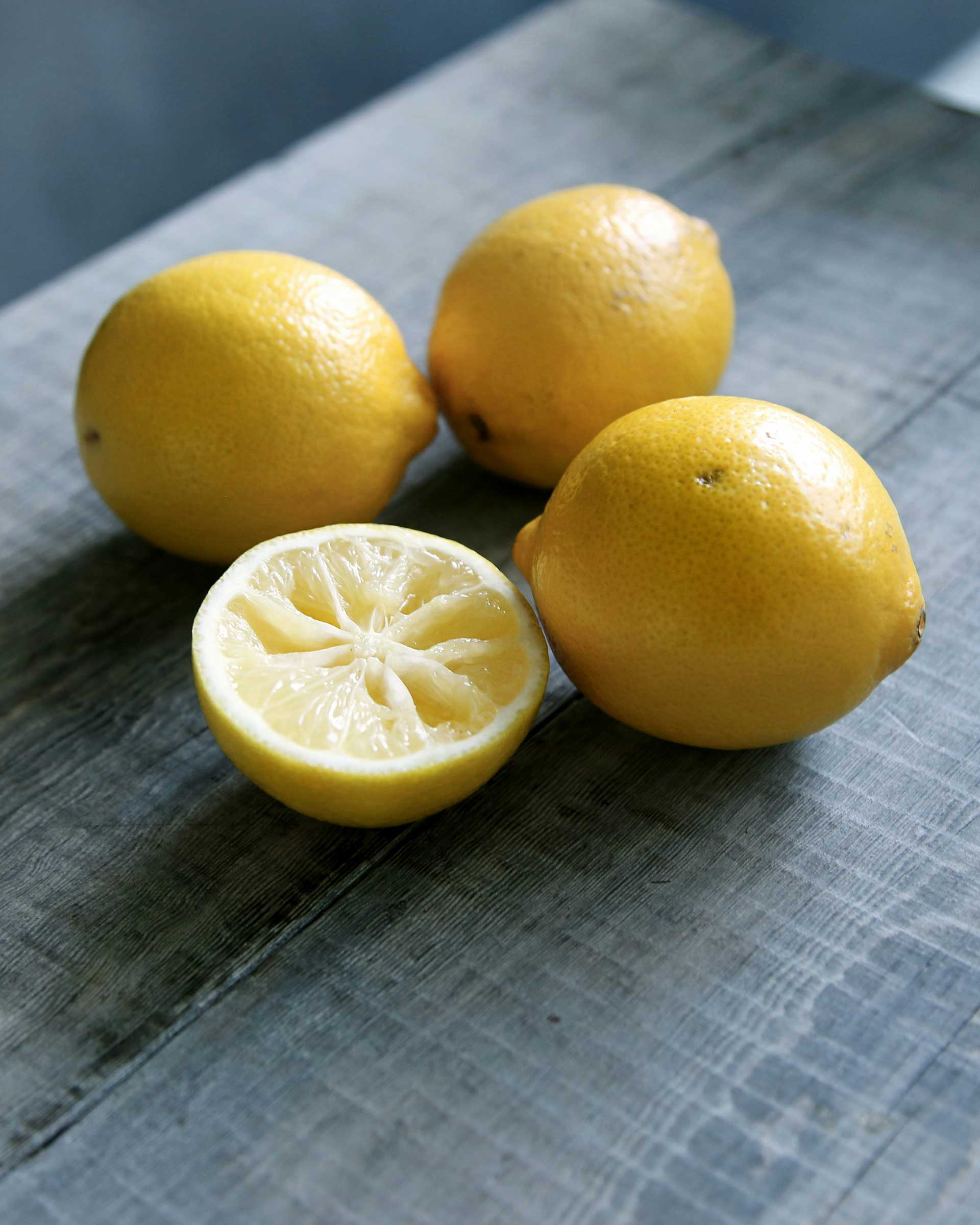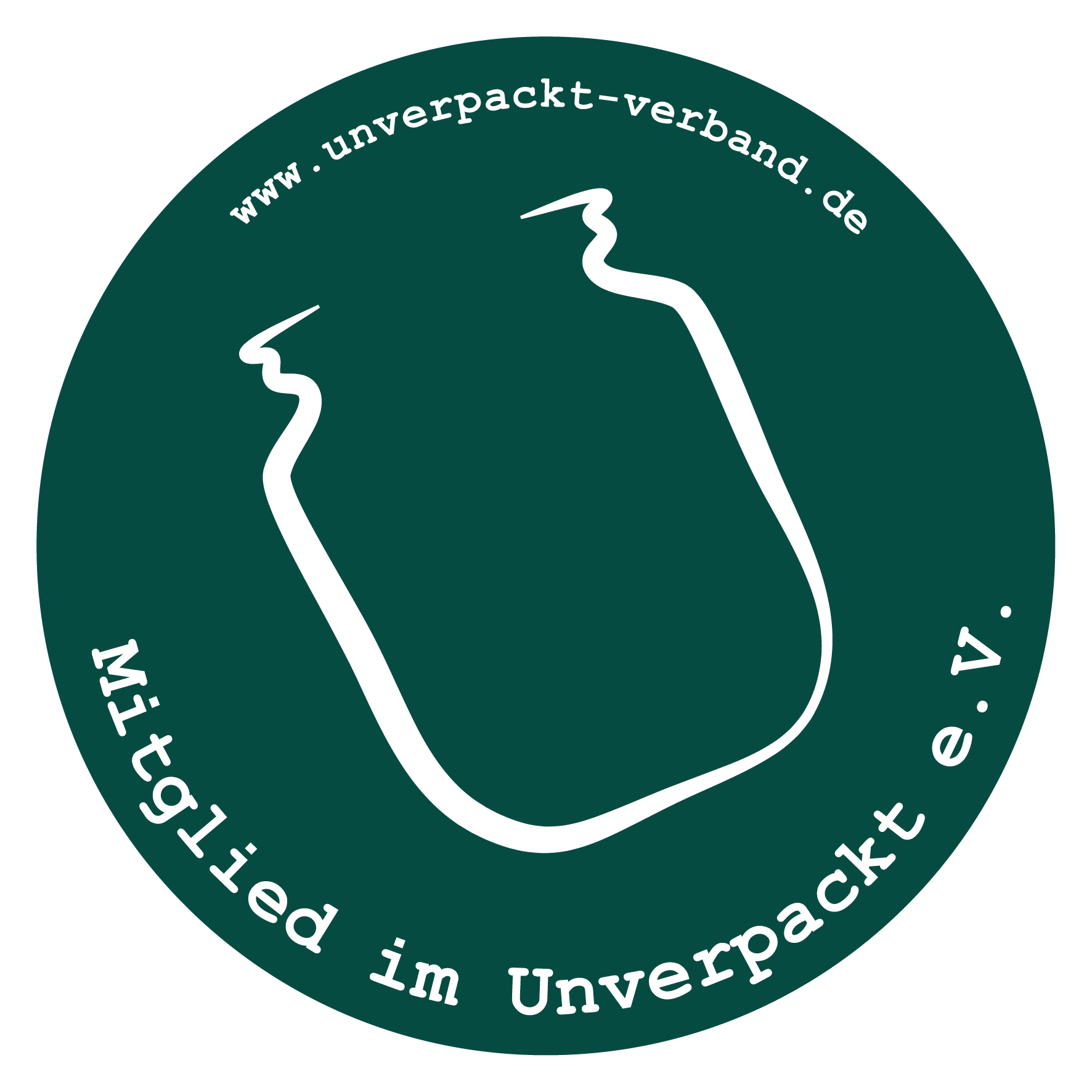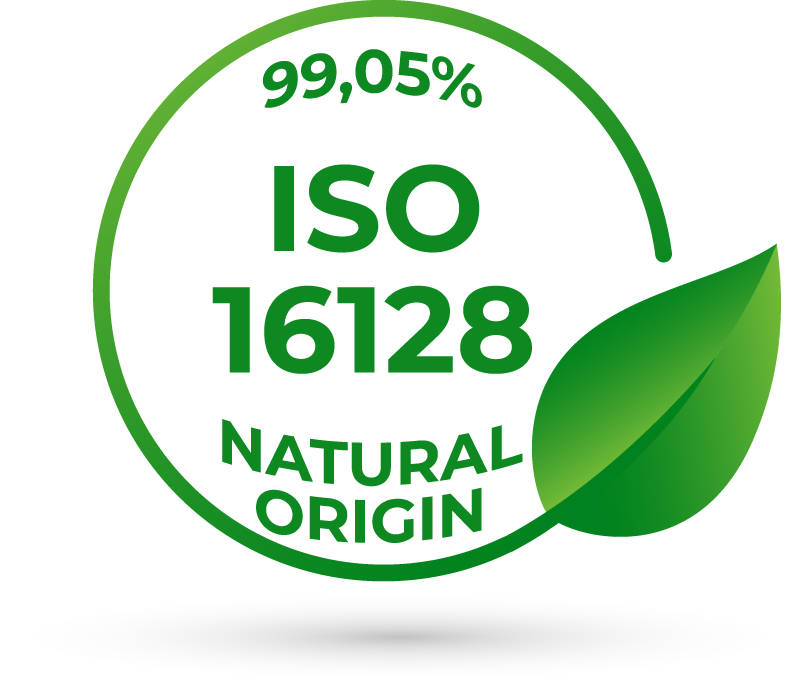Bright white teeth: what to do about yellow teeth?

Bright white teeth: what can be done about yellow teeth?
A radiant smile with white, well-groomed teeth is a symbol of health and charisma. However, many people face the problem of yellow teeth, which can affect their self-confidence. Yellow teeth are not only an aesthetic problem, but can also indicate certain lifestyle habits or health problems. But don’t worry! In this blog article, you’ll find out what to do about yellow teeth and get 5 tips against yellow teeth that will help you make your smile shine again. We also present 7 other tips for whitening your teeth that are effective and easy to implement.
Why do teeth turn yellow?
Before we look at the solutions, it is important to understand why teeth turn yellow in the first place. The causes of tooth discoloration are varied and range from external factors such as diet to natural ageing processes.
Common causes of yellow teeth:
- Food and drinks: Strongly colored foods such as berries, curry, tea, coffee and red wine contain dyes that can deposit on the tooth surface and cause discoloration.
- Smoking: Nicotine and tar from cigarettes leave yellow stains on the teeth and contribute to discoloration in the long term.
- Poor oral hygiene: If you don’t brush your teeth regularly and thoroughly, plaque and tartar can build up, leading to discoloration.
- Ageing: With increasing age, the enamel becomes thinner so that the underlying yellowish dentin becomes more visible.
- Genetics: Some people naturally have a darker tooth color due to the thickness of the enamel and the nature of the dentin.
So if you suffer from yellow teeth, these factors could play a role. Fortunately, there are many ways to whiten your teeth. In the next section, we’ll show you 5 tips against yellow teeth that can help you immediately.
5 tips against yellow teeth
If you want to whiten your teeth without resorting to harsh chemical treatments, you can already achieve visible results with these five tried-and-tested tips.
1. brush and floss your teeth regularly
Thorough oral hygiene is the key to whiter teeth. Brush your teeth at least twice a day for two minutes with a toothpaste that is effective against discoloration. Don’t forget to use dental floss to remove food debris and plaque between your teeth.
2. professional teeth cleaning at the dentist
Professional teeth cleaning can remove stubborn stains and tartar that cannot be removed by daily brushing. Experts recommend this treatment once or twice a year to keep teeth healthy and white in the long term.
3. avoidance of discoloring foods
Food and drinks such as coffee, tea, cola, red wine and dark juices often cause discoloration. If you don’t want to give them up, you can rinse your mouth with water after consumption or drink through a straw to minimize direct contact of the staining liquid with your teeth.
4. use whitening toothpaste
Special whitening toothpastes contain gentle abrasives or whitening agents that can remove superficial discoloration. Be careful not to overuse these toothpastes, as they can wear away the enamel if used frequently.
5. drink through a straw
A clever trick to avoid discoloration is to drink through a straw. This means your teeth are less affected by staining drinks such as cola or coffee.
7 tips for whitening your teeth
In addition to the tips mentioned above, there are other effective methods to whiten your teeth naturally. Here are 7 tips for whitening your teeth that you can easily integrate into your everyday life.
1. baking soda as a household remedy
Baking soda is a popular household remedy for removing superficial discoloration. It acts as a gentle abrasive and can help to visibly whiten teeth. However, don’t use baking soda too often as it can damage tooth enamel.
2. oil pulling
Oil pulling is an Ayurvedic practice in which you rinse a tablespoon of coconut or sesame oil through your mouth for 15-20 minutes. This method can remove bacteria and toxins and thus prevent discoloration. Many users report that their teeth feel brighter after regular use.
3. lemon juice and baking powder
A mixture of lemon juice and baking soda can help to remove discoloration. However, apply this mixture sparingly, as the acidity of the lemon juice can attack the tooth enamel. However, occasional use can result in visible whitening.
4. hydrogen peroxide
Hydrogen peroxide is a bleaching agent that is also used in low concentrations in some whitening products. You can use a diluted solution as a mouthwash to whiten your teeth. But be careful: don’t use it too often to avoid irritating your gums.
5. avoid acidic foods
Acidic foods such as citrus fruits or soft drinks can attack the enamel and make it thinner so that the yellowish dentin becomes visible. Therefore, avoid consuming such foods in excess or rinse your mouth with water after eating them.
6. whitening strips and gels
Whitening strips and gels that you can use at home contain whitening agents that penetrate deep into the tooth and remove discoloration. Make sure you follow the application instructions carefully to avoid damaging the enamel and gums.
7. professional bleaching at the dentist
For quick and long-lasting results, professional bleaching at the dentist is the most effective method. This involves treating the teeth with a highly concentrated bleaching agent that visibly whitens the teeth. Although this method is somewhat more expensive, it generally offers the best results.
Conclusion: What to do about yellow teeth?
Yellow teeth don’t have to be a permanent problem. With the right measures, you can whiten your smile and maintain it in the long term. Regular oral hygiene, avoiding discoloring foods and natural home remedies or professional treatments will help you to get bright white teeth again. Whether you opt for home remedies such as baking soda or lemon juice or modern bleaching methods, you have many options to tackle the problem of yellow teeth. Now that you know what works against yellow teeth, you can put these tips into practice and regain your radiant smile!









